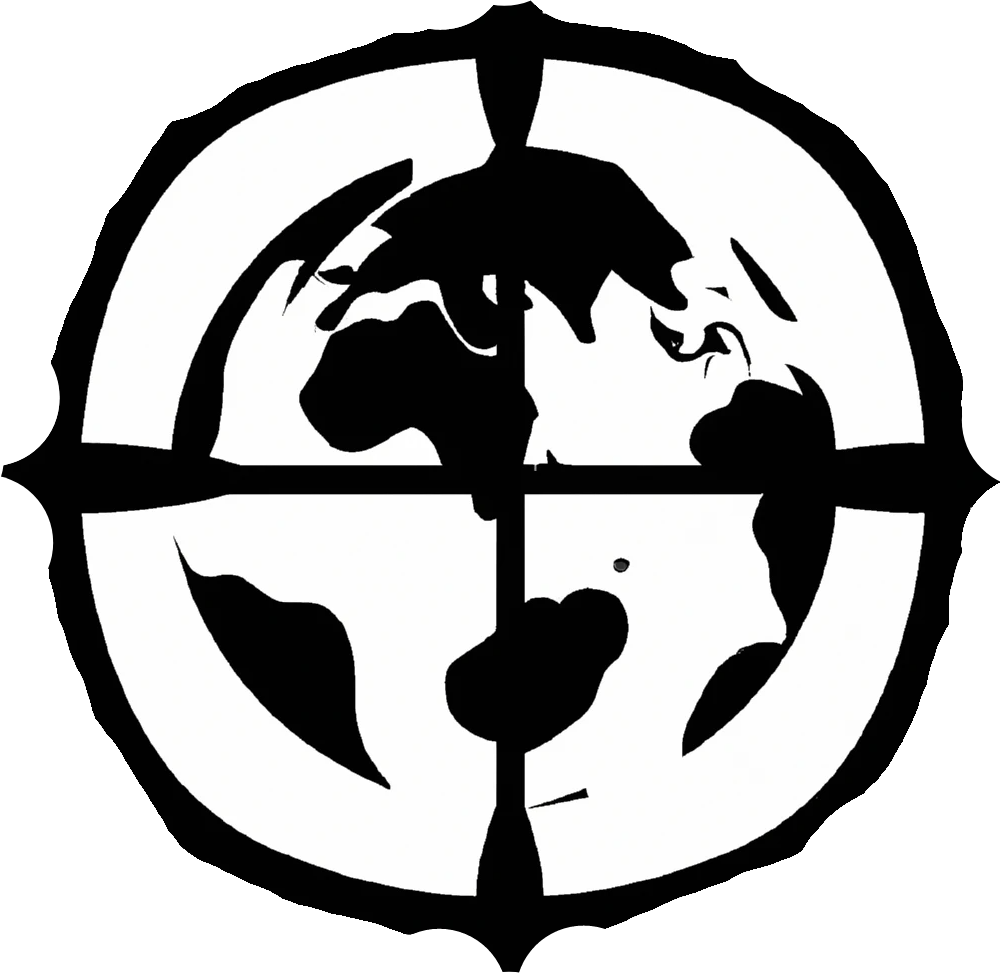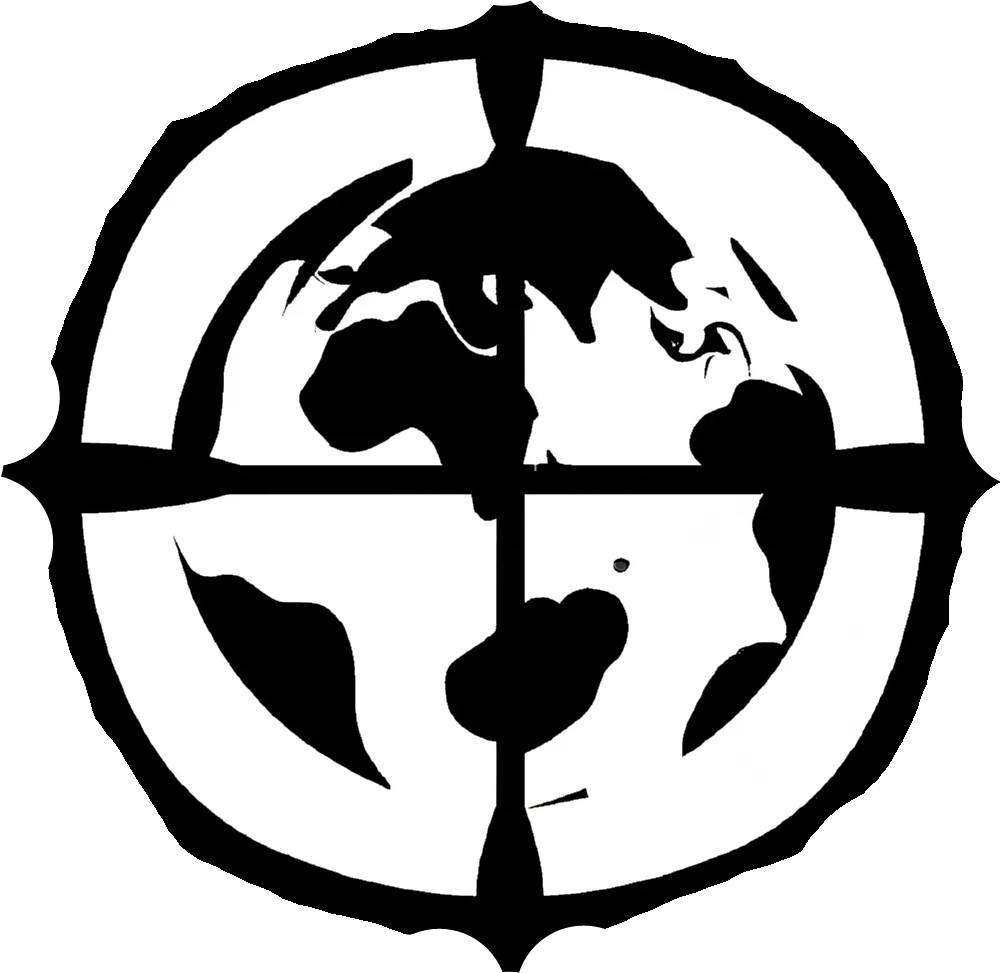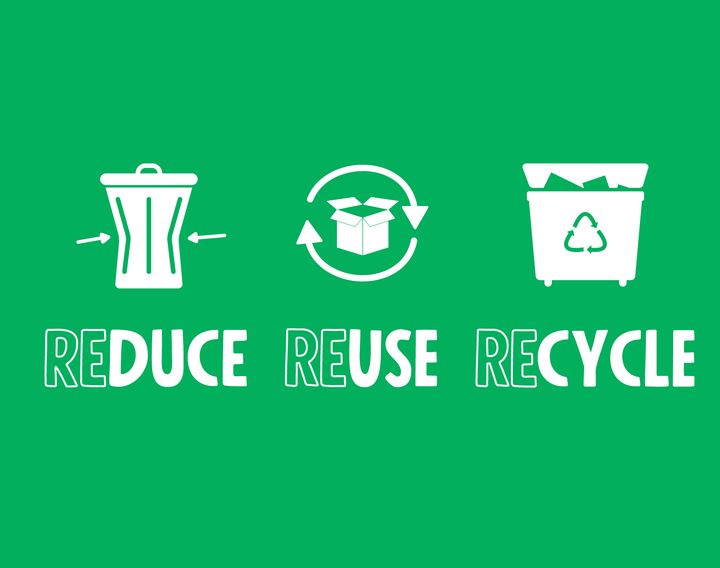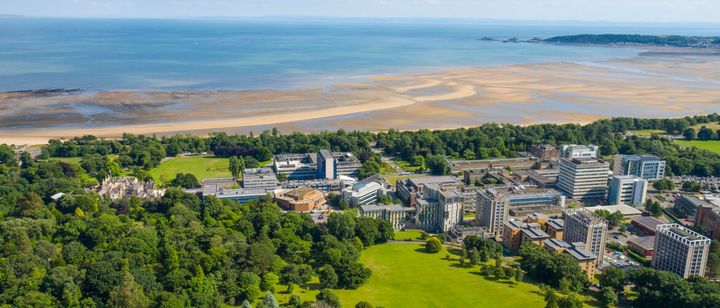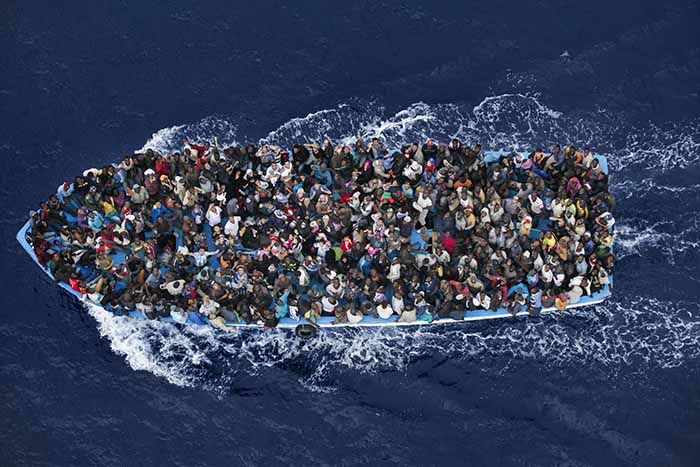The Plight of Congolese Miners: Unveiling the Grim Realities of DRC's Mining Sector
Discover the tragic reality of DRC's mining sector: poor working conditions, exploitation, and human rights abuses. Urgent reforms are needed to protect miners and promote sustainable practices.
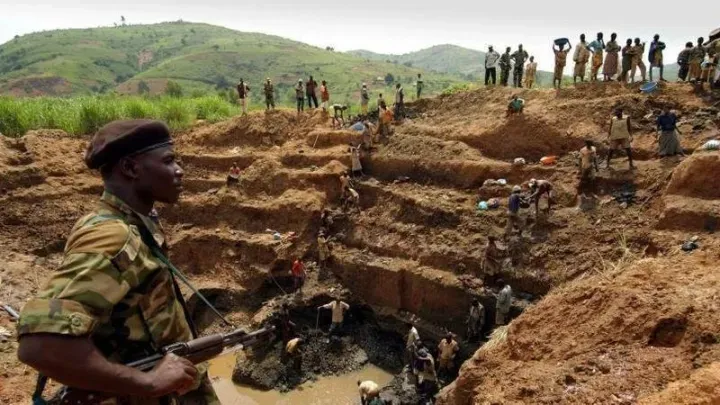
The Democratic Republic of the Congo (DRC) is home to vast mineral reserves, including cobalt, copper, and gold. However, the mining industry in the country is plagued by poor working conditions, human rights abuses, and widespread poverty. This blog post aims to delve deeper into the dire situation faced by Congolese miners, highlighting the challenges, providing factual evidence, and presenting a case study that exemplifies the harsh realities of mining in the DRC.
Exploitation and Hazardous Conditions
In the DRC, armed groups exploit mining activities to fund their operations, employing women and children as cheap labour in hazardous conditions. According to the United Nations International Children's Emergency Fund (UNICEF), an estimated 40,000 children work in cobalt mines, often enduring long hours, physical labour, and exposure to toxic substances. These children are denied their basic rights to education, health, and a childhood free from exploitation.
The lack of regulation and oversight in the mining sector exacerbates the situation. Artisanal miners, who make up a significant portion of the mining workforce, work under perilous conditions without proper protective gear or safety training. The mortality rate among artisanal miners is alarmingly high due to accidents, cave-ins, and exposure to toxic substances.
Widespread Poverty and Inequality
Despite the abundance of natural resources, the DRC remains one of the poorest countries globally. The wealth generated from mining does not trickle down to the local population, perpetuating poverty and exacerbating social inequalities. A case study that exemplifies this harsh reality is the cobalt mining industry.
Cobalt is a vital component of rechargeable lithium-ion batteries used in smartphones, electric vehicles, and renewable energy technologies. The DRC is the world's largest producer of cobalt, accounting for over 60% of global production. However, the Congolese miners responsible for extracting this valuable resource live in abject poverty.
For instance, a 2020 investigation by Amnesty International revealed that artisanal cobalt miners worked in dangerous conditions, earning as little as $1-2 per day. These miners lack access to basic necessities, proper housing, healthcare, and clean water. The vast wealth generated from cobalt mining seldom benefits these impoverished communities.
Case Study: Cobalt Mining in the DRC
Cobalt mining serves as a stark illustration of the challenges faced by Congolese miners and the exploitative nature of the industry. The DRC is responsible for supplying more than half of the world's cobalt, a key component in lithium-ion batteries. The demand for cobalt has surged with the growth of electric vehicles and renewable energy technologies.
However, the conditions under which cobalt is extracted paint a grim picture. Many artisanal miners in the DRC, driven by poverty and lack of alternatives, resort to dangerous and unregulated cobalt mining operations. These miners toil in narrow, hand-dug tunnels, risking their lives every day. Moreover, the use of rudimentary tools and lack of safety measures further exacerbate the risks they face.
One case study that garnered international attention is the artisanal cobalt mining region in southern DRC, particularly in the province of Lualaba. Here, an initiative supported by the Congolese government aims to address the challenges faced by informal cobalt miners. The Musompo Trading Center, a government-backed depot, provides testing and storage services for ore, eliminating exploitative middlemen and enhancing transparency in the cobalt supply chain.
However, the challenges are far from resolved. A lack of resources, inadequate infrastructure, and the prevalence of corrupt practices continue to hamper the initiative's effectiveness. The struggle to improve working conditions and eliminate child labour in cobalt mines remains an ongoing battle.
Human Rights Abuses and Governance Challenges
The DRC faces numerous human rights abuses, including violence, sexual exploitation, and forced labor in the mining sector. According to Human Rights Watch, over 100 armed groups operate in the eastern part of the country, perpetuating a cycle of violence and insecurity. These groups often target mining areas, exacerbating the risk for miners and their communities.
Moreover, weak governance and corruption further contribute to the challenges faced by miners in the DRC. Transparency and accountability in the mining sector are limited, allowing for the misappropriation of funds and the perpetuation of human rights abuses. The Congolese government must prioritize good governance, enforce regulations, and hold accountable those responsible for human rights violations in the mining industry.
Call to Action: Reform and Collaboration
Addressing the poor working conditions and human rights abuses in DRC mines requires comprehensive reforms and international collaboration. The Congolese government, along with the Chamber of Mines, should prioritize the protection of workers' rights, enforce regulations, and improve safety standards. This entails providing access to proper training, protective equipment, and healthcare for all miners.
Collaboration with international organizations, responsible mining companies, and consumer electronics companies is crucial to promoting sustainable mining practices. Companies sourcing minerals from the DRC must uphold ethical standards and ensure that their supply chains are free from child labour and human rights abuses. Initiatives like the Responsible Minerals Initiative and the Extractive Industries Transparency Initiative (EITI) aim to improve transparency and accountability in the mining sector.

The poor working conditions in DRC mines, exemplified by the harsh realities of cobalt mining, require immediate attention and action. The exploitation, poverty, and human rights abuses faced by Congolese miners demand comprehensive reforms, responsible sourcing practices, and international collaboration.
By enforcing regulations, improving safety standards, and promoting transparency, the DRC government, in partnership with mining companies and international organizations, can work towards a more sustainable and equitable mining sector. Additionally, consumers, businesses, and governments must demand ethically sourced minerals and support initiatives that prioritize the well-being of miners.
Ultimately, the transformation of the mining sector in the DRC is not only crucial for the betterment of the lives of Congolese miners but also for the promotion of human rights, sustainable development, and responsible business practices worldwide.
